A row of houses of the "Overseas Vietnamese Hamlet" returning from Cambodia was built in Vinh Binh commune, Vinh Hung district.
Accordingly,the President signed to grant Vietnamese nationality to 83 cases, of which, the provincial authorities have issued birth certificates to 65 cases (the remaining 18 cases left the locality without determining their destination); completed procedures to issue citizen identification cards to 40 cases (the remaining 43 cases have not been issued due to not being old enough, or because after naturalization, the citizens went to work and were not present in the locality). Currently, there are 467 households and 1,975 people who are not eligible to register for permanent residence (270 households and 1,271 people registered for temporary residence); the remaining number regularly move back and forth across the border to work, do seasonal labor, visit relatives, etc. Of these, the management agency verified and transferred the dossier to request the Department of Justice to consider granting Vietnamese nationality to 37 cases of Cambodian overseas Vietnamese currently living in Vinh Hung district. At the same time, the provincial police issued 379 permanent residence cards to Cambodian overseas Vietnamese.
In addition, the authorities registered the birth of 527 children of Cambodian Vietnamese who freely migrated to Vietnam in the province; created conditions for 40 children to attend charity classes in the evening, most of whom can now read and write. In addition, the authorities regularly support Cambodian Vietnamese families in difficult circumstances by giving gifts and necessities.
According to Colonel Tran Van Ha - Deputy Director of the Provincial Police, following the direction, local police reviewed and recorded 1,604 cases of stateless citizens living in the province. From there, the above cases were updated into the National Population Database system with the status of "unknown nationality", creating available data to serve as a basis for residence registration and citizen identification as soon as the citizen is granted civil status and nationality papers by the judicial agency.
According to the provincial People's Committee, the special population management work still faces difficulties. The province has a border of over 134km, mainly by road, with trails and openings that are convenient for Vietnamese citizens abroad to easily travel back and forth to Vietnam; coordination between forces is sometimes not smooth, and the number of Vietnamese people in neighboring countries crossing the Vietnam border is not fully understood, leading to difficulties in tracking the movements of these cases.
In addition, most Cambodian overseas Vietnamese cannot present documents related to their Vietnamese origin, making it difficult to determine their Vietnamese nationality. Although the provincial authorities are always concerned and create all conditions for these cases, due to the lack of sufficient legal basis to determine nationality, resolve registration, manage residence, and issue ID cards to citizens, this causes difficulties in management, affecting the rights and obligations of Cambodian overseas Vietnamese and stateless people living in the province.
Currently, the Provincial People's Committee has made recommendations to the Central Government on special population management. Specifically, it is recommended to the National Assembly and the Government to issue legal documents on specific policies to resolve housing and land issues for overseas Vietnamese in Cambodia to work and live stably in Vietnam; to have a health insurance regime for children of overseas Vietnamese in Cambodia who have not yet determined their Vietnamese nationality to demonstrate the humanitarian policy of the Vietnamese State; to issue regulations on naturalization in Vietnam and issuance of birth certificates for the above cases when they work and live stably and permanently in Vietnam./.
Vu Quang
Source link


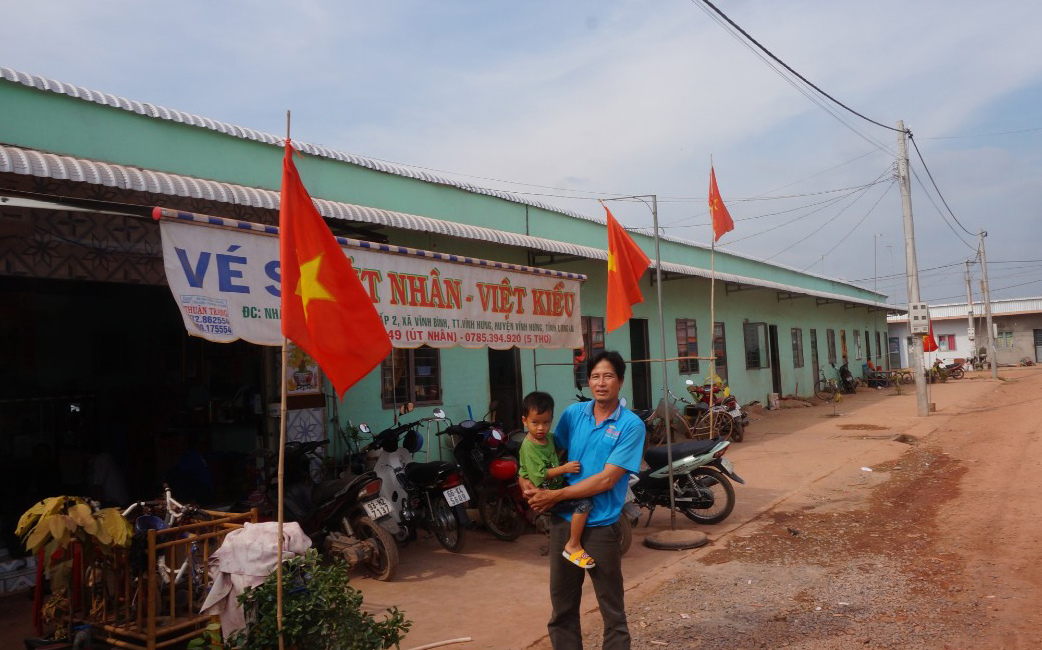
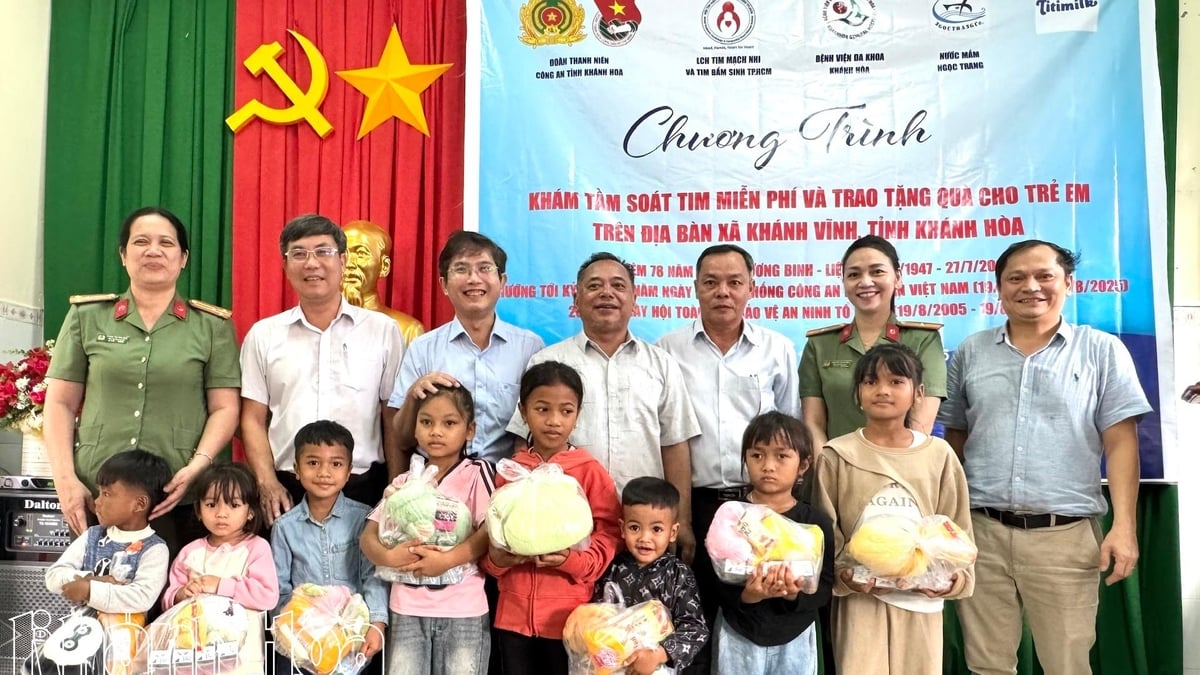

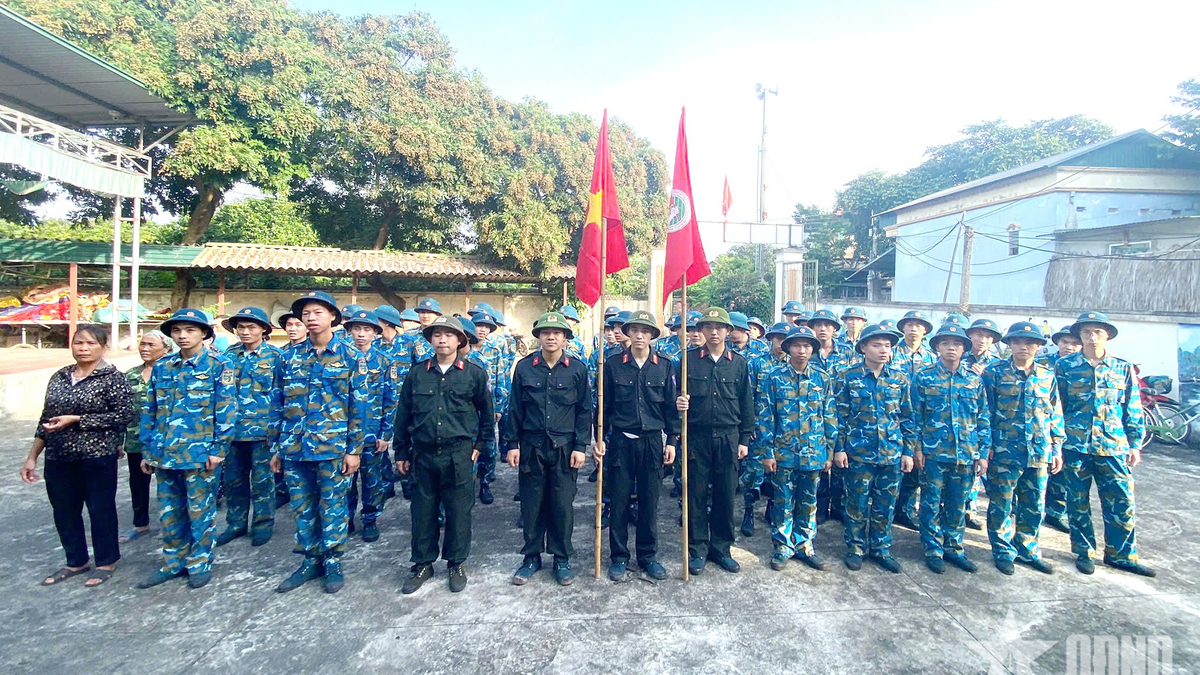
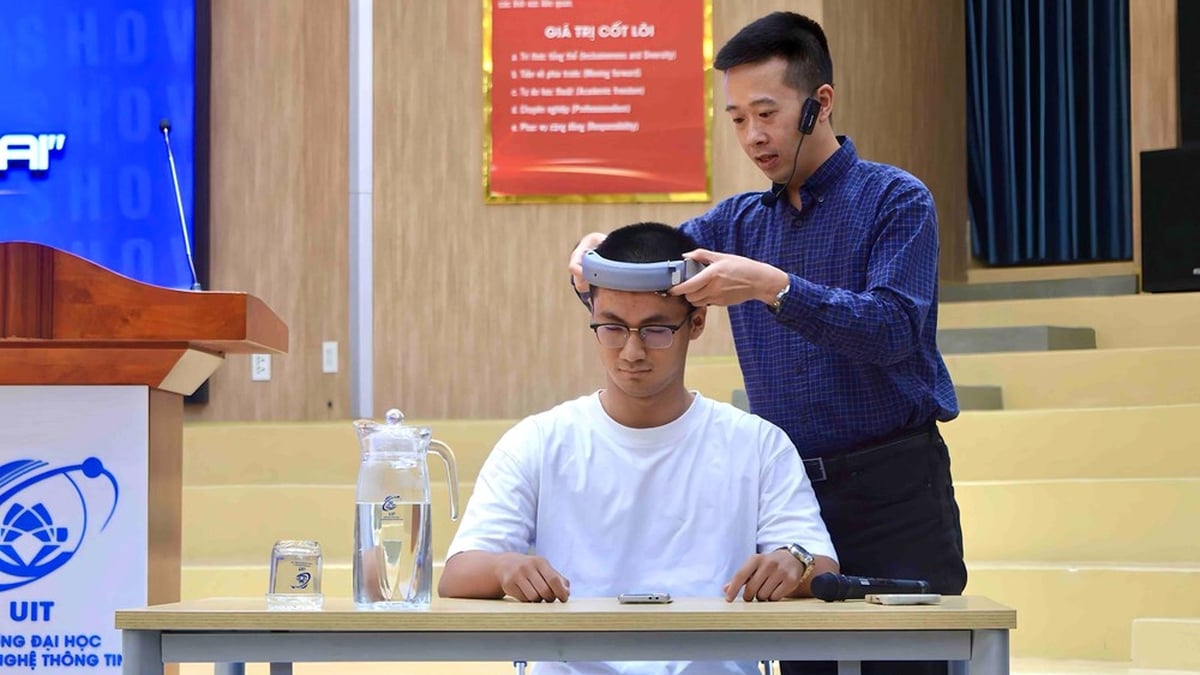

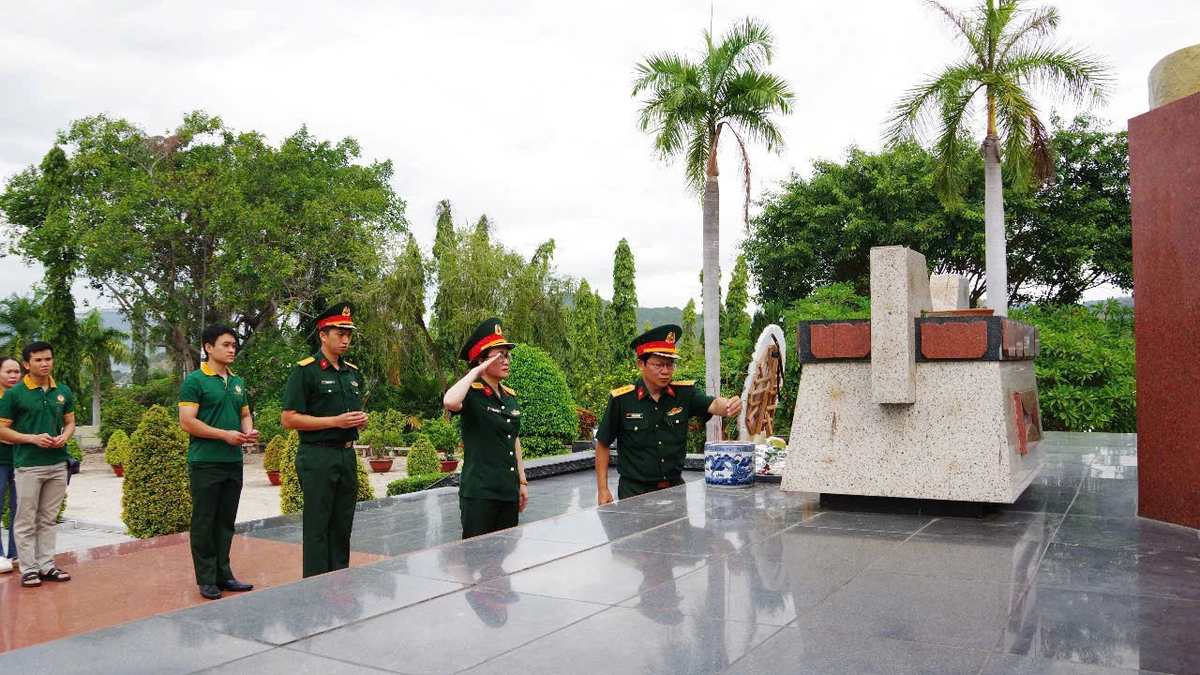
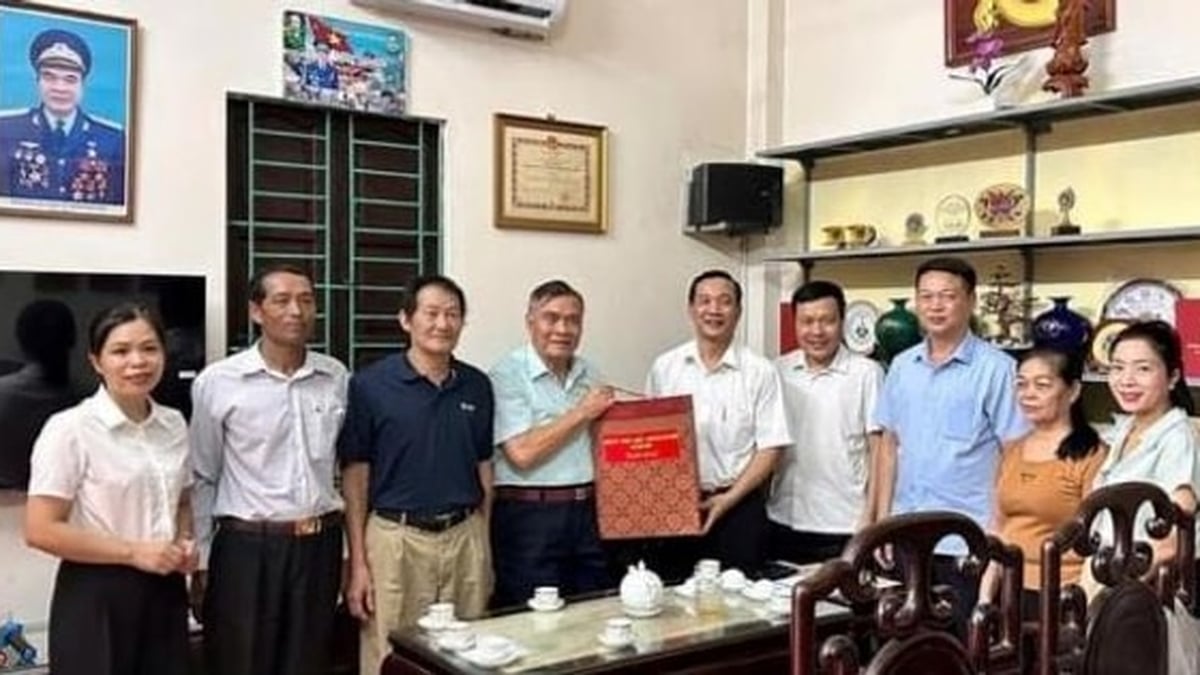


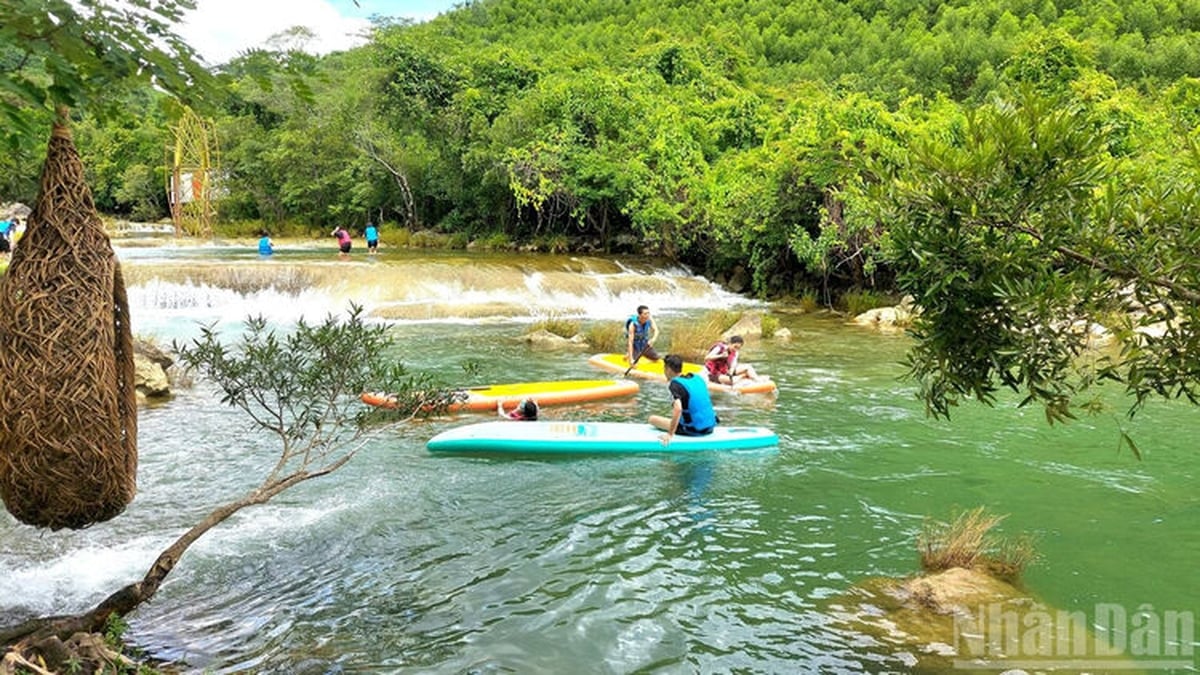
























































































Comment (0)